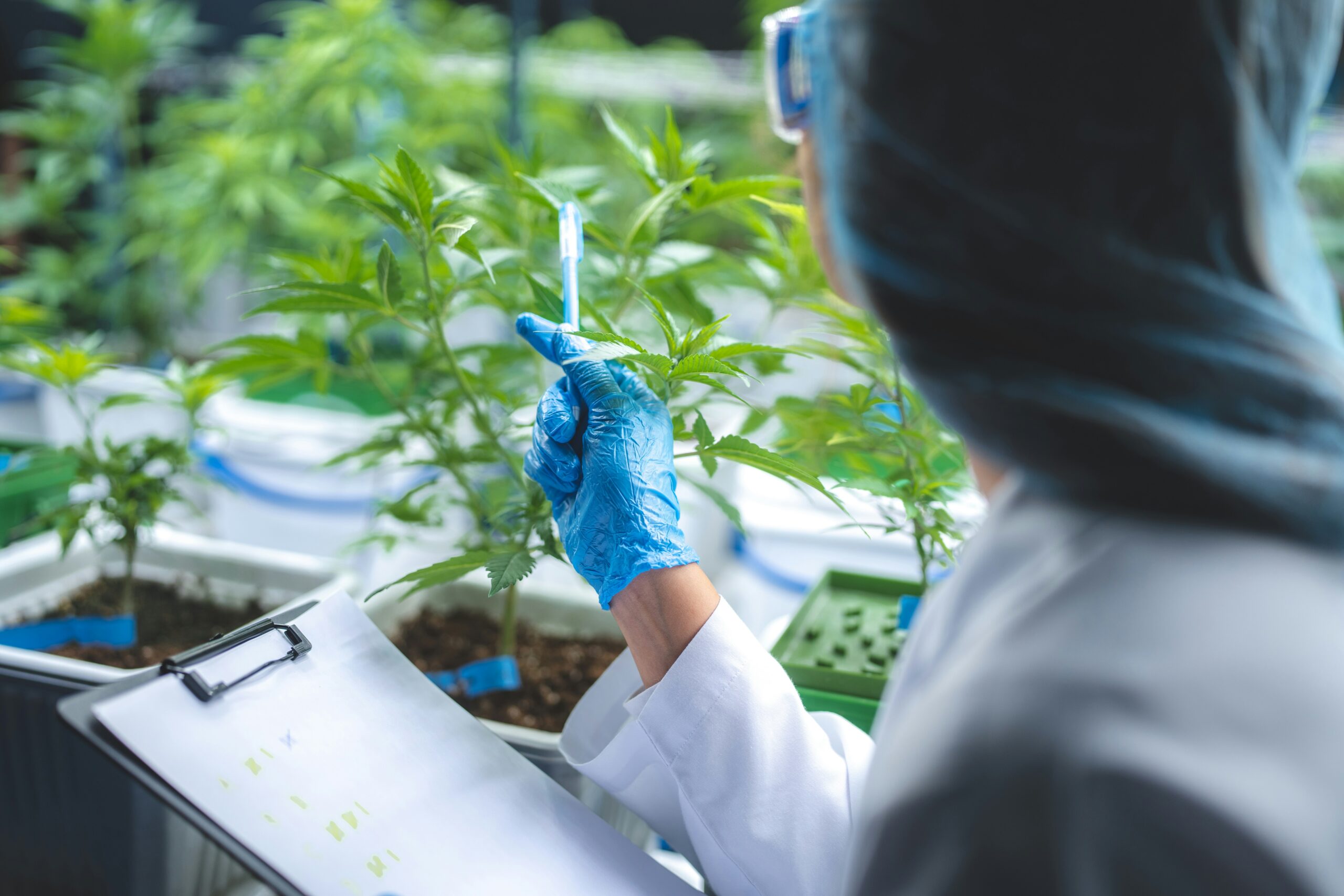
Image source: Unsplash
California’s legal cannabis industry is built on a complex framework of licensing and compliance standards. From the early stages of provisional licensing to the intricate daily operations of testing labs, each layer plays a vital role in maintaining product safety and public trust. Testing facilities, in particular, are the backbone of this system, ensuring that cannabis products meet state standards for potency, purity, and labeling. As the market grows, labs continue to adapt, balancing operational growth with regulatory demands. This overview provided by California Cannabis Testing Labs examines the licensing structure, workflow, compliance expectations, and future of cannabis testing labs operating under California’s regulatory framework.
Provisional Cannabis Licensing in California
California’s provisional cannabis license was created as a transitional measure to support commercial operators while they worked toward full compliance with state regulations. The license allowed qualified applicants to legally operate while completing environmental reviews and other requirements needed for an annual license.
The system emerged in response to bottlenecks during the rollout of the state’s regulated cannabis market. By offering provisional licenses, regulators aimed to maintain momentum for legal businesses without compromising oversight. This measure was especially important in sectors like product testing, where uninterrupted operations were critical to public health and safety.
While provisional licenses play a vital role, they are temporary by design. Facilities granted this status must still meet strict standards and are expected to transition to annual licensing as soon as they qualify. The distinction lies mainly in duration and documentation, but operational expectations remain high across both license types. Many operators view this transitional status as an opportunity and a challenge, balancing compliance demands with resource limitations.
The Role of Testing Labs in the Legal Cannabis Market
Testing labs are a cornerstone of California’s regulated cannabis industry, ensuring that products meet safety and quality standards before reaching dispensary shelves. From checking THC potency to screening for contaminants like pesticides, heavy metals, and mold, labs act as gatekeepers between cultivation and consumer use. This critical function helps prevent substandard or dangerous products from entering the legal market.
These facilities help build public trust in a product that was once part of an unregulated market. Without proper testing, consumers would have no assurance of what they’re ingesting. Inaccuracies in labeling or the presence of harmful substances could pose serious risks, especially for medical cannabis patients who rely on precise formulations. The credibility of the legal market hinges on these labs providing consistent, reliable results.
Labs also play a critical role in compliance. State-mandated testing protocols must be followed meticulously, and any deviation can result in failed batches, product recalls, or regulatory penalties. Their work ensures not just consumer safety but also legal accountability for growers and manufacturers. The presence of a reliable lab helps producers navigate a complex web of compliance requirements, reducing the risk of costly disruptions.
Inside the Lab: Founding, Licensing, and Mission
One of California’s early provisional license labs opened its doors in 2019, situated in an industrial zone just outside a major urban center. The founders came from backgrounds in analytical chemistry and biotech that helped distinguish the lab from competitors during its startup phase. Their combined expertise allowed them to quickly establish credibility in a nascent and highly scrutinized industry.
Applying for a provisional license required navigating a maze of local and state approvals. The team submitted detailed operating procedures, security plans, and environmental assessments. Once granted, the license allowed them to begin operations while continuing to satisfy the remaining conditions for a full annual license. Many applicants found this process time-consuming, but those who succeeded became early leaders in the space.
Daily Operations and Testing Workflow
Inside the lab, a structured workflow ensures each cannabis sample is handled with precision. Products arrive in tamper-evident packaging and are logged into a tracking system that assigns a unique ID, allowing every step to be traced from intake to final report.
Technicians begin by preparing samples for analysis using specialized equipment like high-performance liquid chromatography and gas chromatography-mass spectrometry. Each test is calibrated to detect specific compounds or contaminants, and results are reviewed by a quality assurance officer before certification. The process must be both efficient and stringent, given the volume of samples and the legal implications tied to each result. Turnaround time is closely monitored to meet client timelines without sacrificing accuracy.
Lab personnel work in shifts to handle a steady influx of samples from across the state. Despite tight deadlines, accuracy remains the top priority, with internal protocols designed to catch anomalies before they ever reach a client’s hands. Staff meetings and cross-checks are routine to ensure consistency across departments and shifts.
Quality Standards and Regulatory Oversight
Maintaining high standards is not just a matter of pride—it’s a legal obligation. Labs must operate under strict protocols that meet or exceed state requirements, and any deviation can trigger audits or suspensions. Routine calibration of instruments, staff training, and peer reviews are embedded into the daily routine to uphold consistency. Standard operating procedures are revised regularly to reflect new industry guidance and technological advancements.
California’s Department of Cannabis Control conducts regular inspections without prior notice. These visits examine everything from recordkeeping to equipment maintenance. Labs that consistently demonstrate reliability may earn a stronger reputation in the industry, while those that falter risk losing their license. There’s little margin for error in an environment where public health is on the line. In some cases, a single oversight has led to large-scale product recalls, emphasizing the role of vigilance.
Industry Outlook
Looking ahead, California’s cannabis testing landscape continues to grow. As regulations tighten and consumer expectations rise, labs must adapt quickly. The demand for certified, clean cannabis products suggests that testing facilities will remain an essential—and expanding—part of the supply chain. Industry partnerships and innovations in rapid testing methods are likely to shape the next phase of growth.